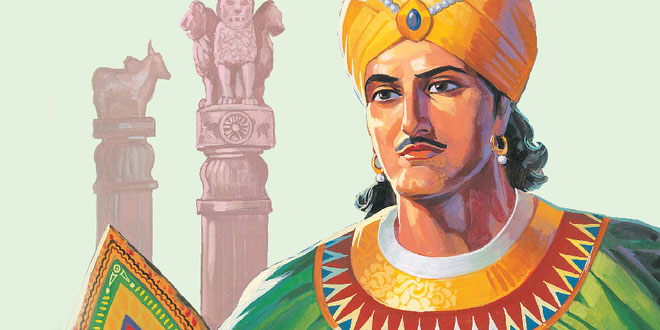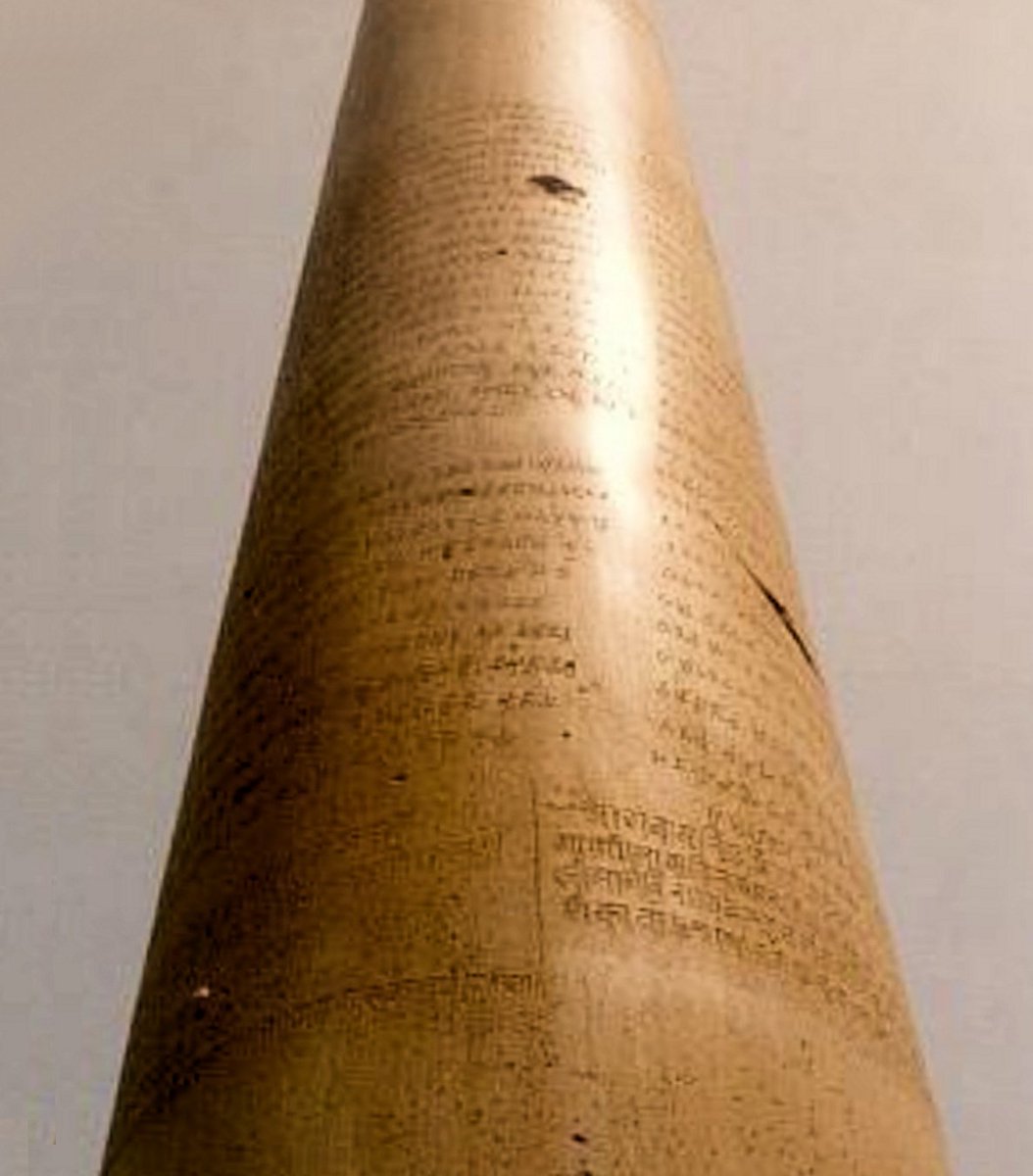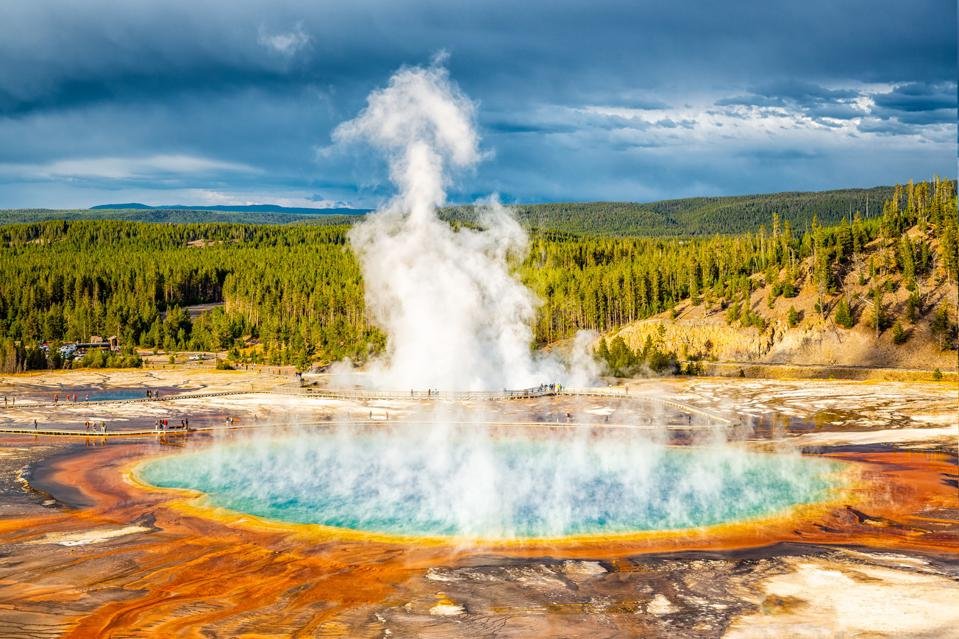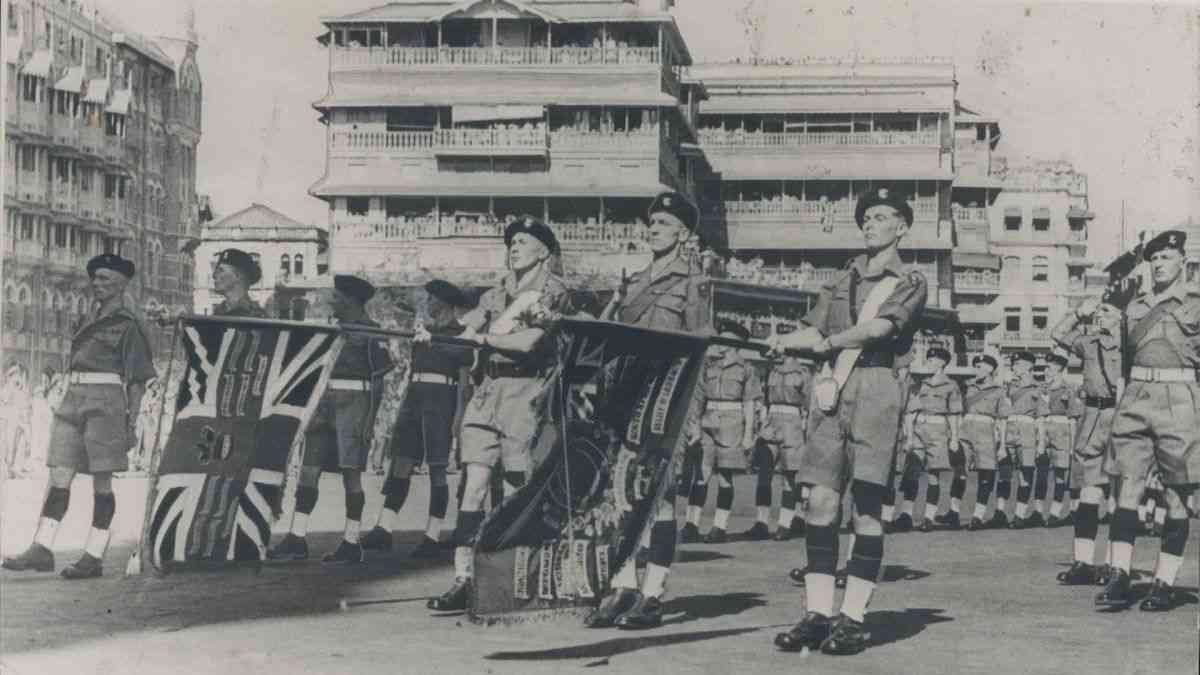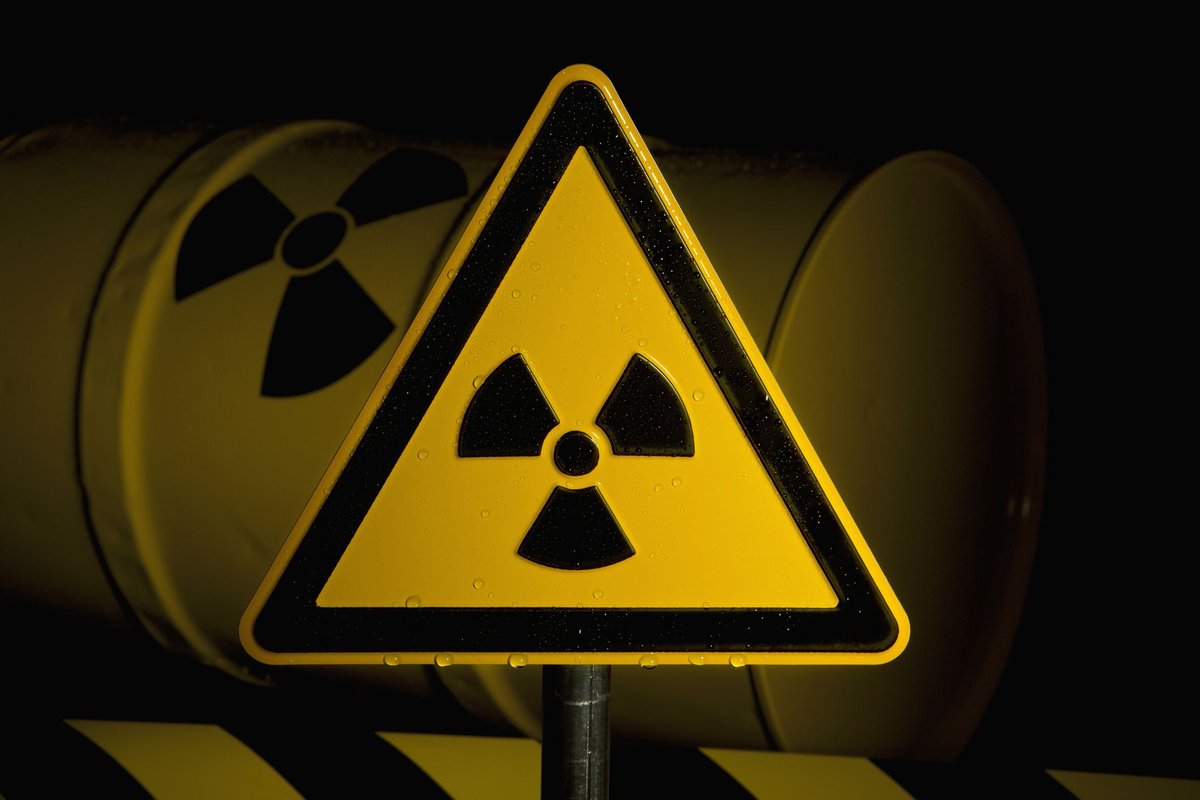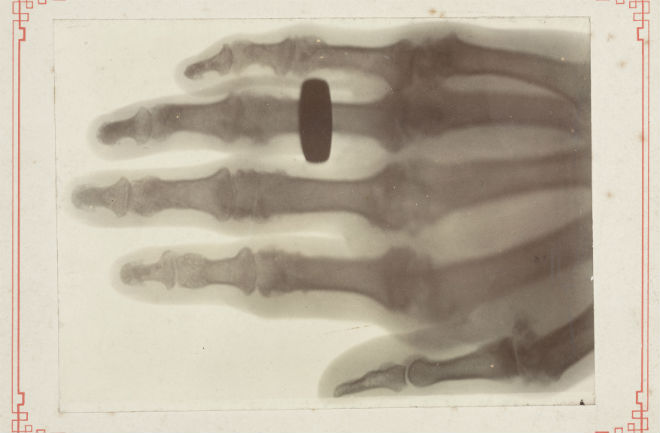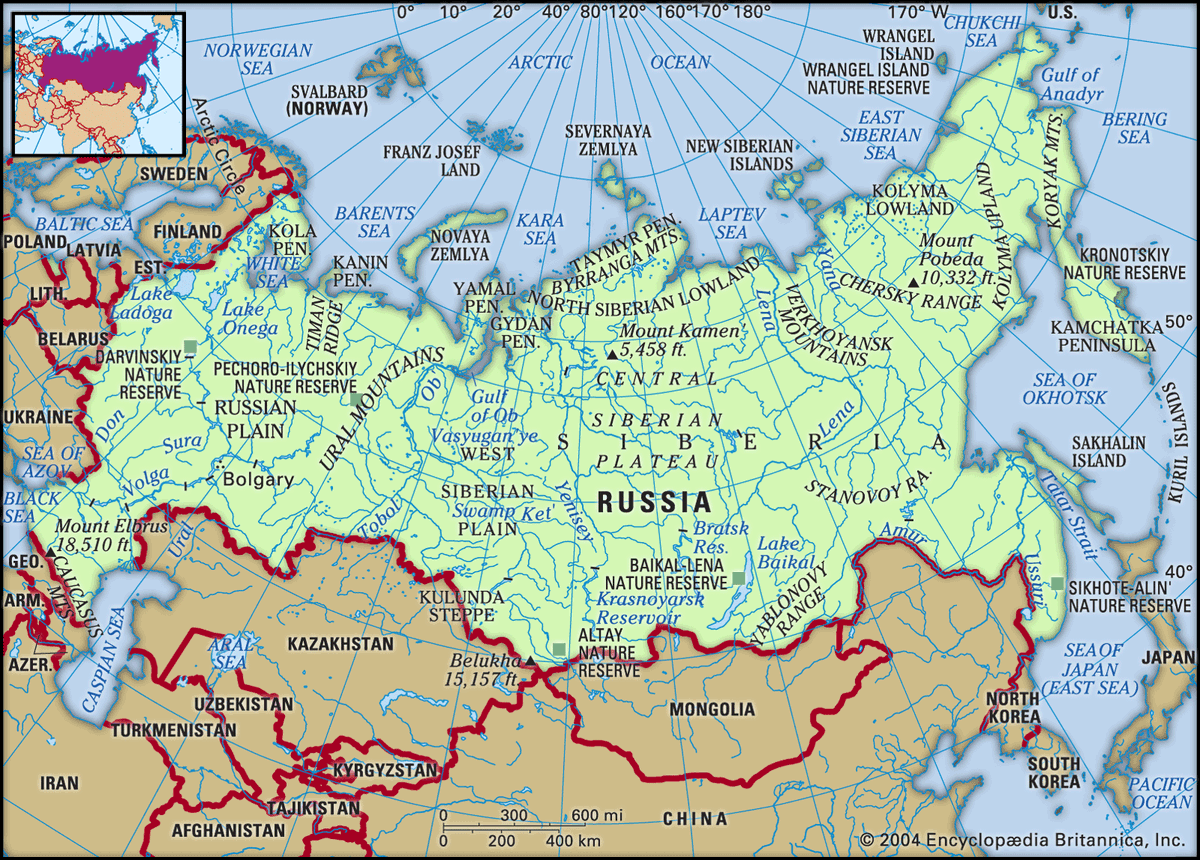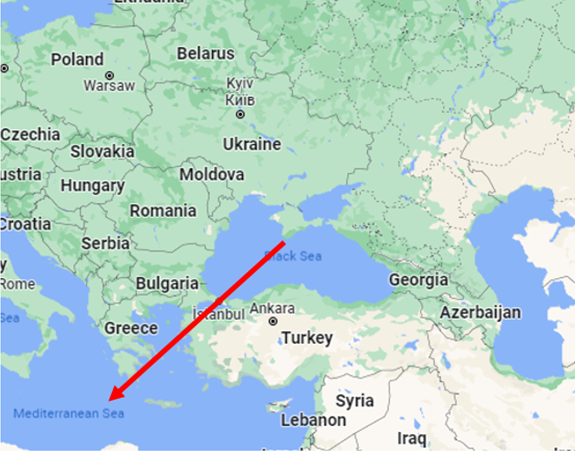
Hello!
As you start your weekend, why don't join me on a short twitter history tour to one of the greatest ports that India had for nearly 2000 years but is now lost entirely
This is the story of Machilipatnam, the port that was once the crown jewel of the Bay of Bengal! 🧵
As you start your weekend, why don't join me on a short twitter history tour to one of the greatest ports that India had for nearly 2000 years but is now lost entirely
This is the story of Machilipatnam, the port that was once the crown jewel of the Bay of Bengal! 🧵
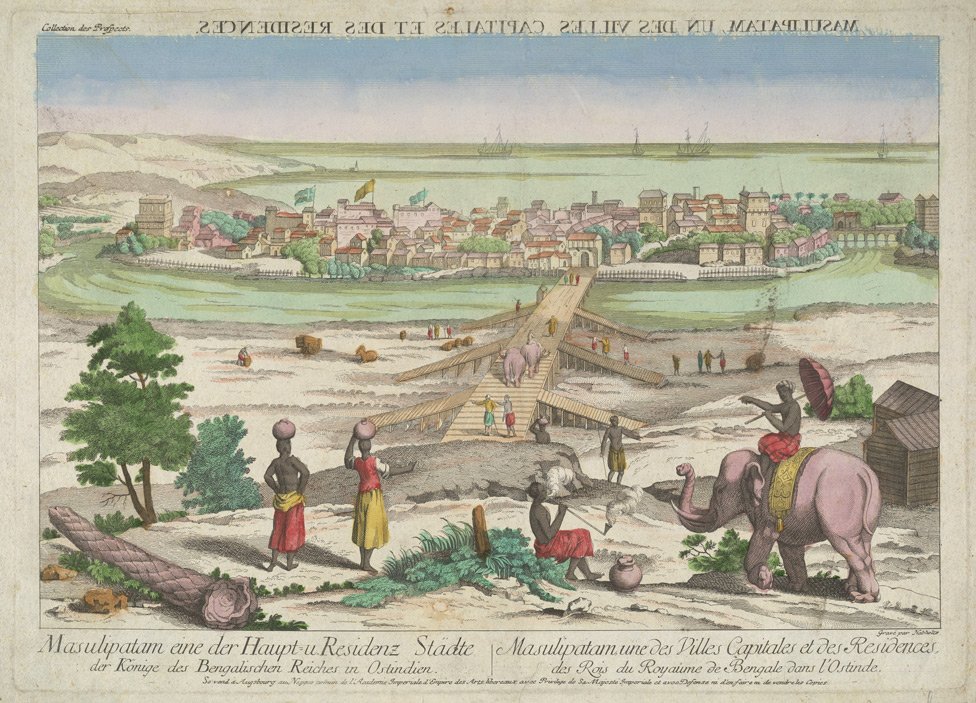
Machilipatnam or Masulipatnam (literally meaning 'Town of the fish') was a town on the mouth of the river Krishna in today's AP with a fantastic natural harbour
It's earliest reference comes from Greek traveler Ptolemy in 2ndC AD who talks about the riches of 'Maisolos'
It's earliest reference comes from Greek traveler Ptolemy in 2ndC AD who talks about the riches of 'Maisolos'

The Satavahana rulers of 1stC AD grew this town as a major port and connected it to Sopara, another port near Mumbai on the Arabian sea through a land route across their kingdom.
The major export from here was rich textiles. Greeks and Romans flooded here for Indian fabrics.
The major export from here was rich textiles. Greeks and Romans flooded here for Indian fabrics.
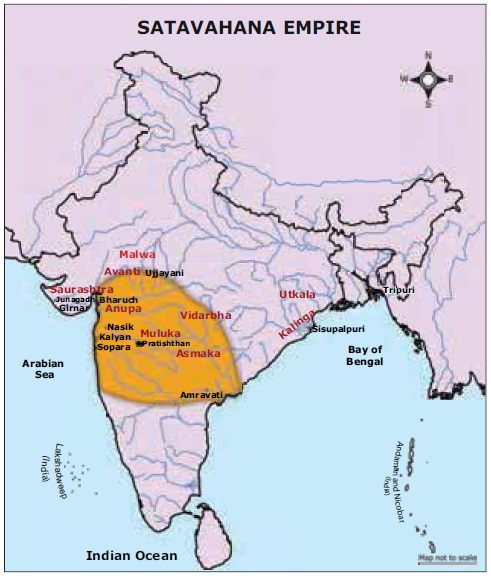
It was so popular that the modern cloth 'Muslin' is itself given its name because it was mainly exported from Masulipatnam
Indian muslin fetched several ounces of gold from the Romans & Masulipatnam grew incomparably rich for the Satavahanas and in next centuries
Indian muslin fetched several ounces of gold from the Romans & Masulipatnam grew incomparably rich for the Satavahanas and in next centuries
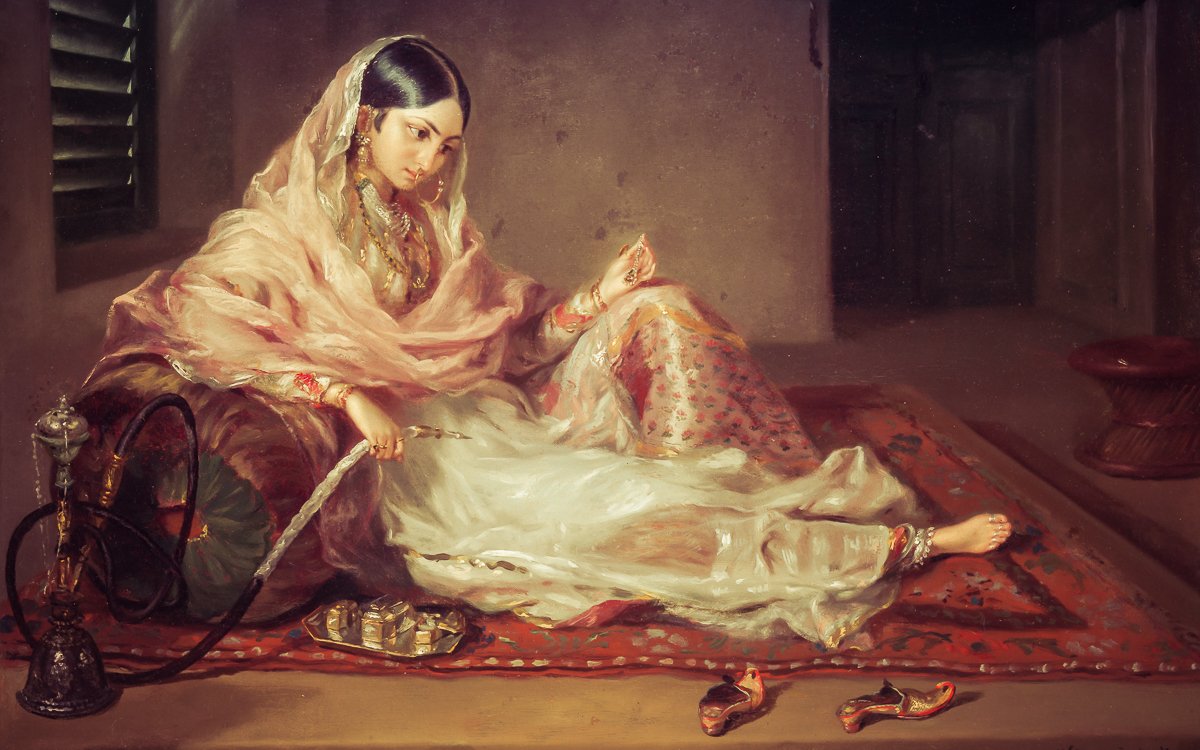
By 7thC, merchants flocked Machilipatnam & many Buddhist establishments and rock cut monasteries that you can see till today arose through the next few centuries.
One of the earliest finds of Roman coins in India was made here creating a buzz about its ancestry.
One of the earliest finds of Roman coins in India was made here creating a buzz about its ancestry.

Greeks, Romans were followed by Arabs and as kings changed hands in South India, each kingdom grew the riches even more.
The 15th century elevated Masulipatnam to the next level with the next big export that no one expected.
Diamonds.
The 15th century elevated Masulipatnam to the next level with the next big export that no one expected.
Diamonds.
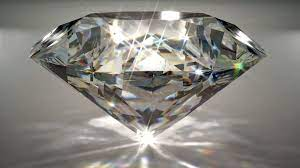
The Qutb Shahi dynasty had diamonds in nearby Golconda mines and the entire world was crazy for it. Diamonds got added to the Muslin and Kalamkari textiles as part of the export offerings!
Machilipatnam became so big it was the 4th biggest city in India after Delhi, Agra & Surat
Machilipatnam became so big it was the 4th biggest city in India after Delhi, Agra & Surat

The Dutch arrived & set up a textile factory and opened up trade with Indonesia. Indian textiles became a rage amongst the Dutch.
Soon the British followed and the East India company set up its first ever factory in
Machilipatnam.
Everyone wanted a piece of it.
Soon the British followed and the East India company set up its first ever factory in
Machilipatnam.
Everyone wanted a piece of it.

Inspite of its riches, one danger was lurking. Cyclones. Coastal Andhra was always prone to cyclones.
So the Machilipatnam locals even innovated with unique round houses called Chuttilu (meaning circle) such that the storm winds reduced its force around the circular walls.
So the Machilipatnam locals even innovated with unique round houses called Chuttilu (meaning circle) such that the storm winds reduced its force around the circular walls.

But in 1864, on Diwali night, a major cyclone swept the city. Locals went into their Chuttilus but this time the cyclone caused a 13ft high tidal wave which rushed 30kms inland destroying everything in its way.
Just like that - Overnight, India had lost its biggest port.
Just like that - Overnight, India had lost its biggest port.

Machilipatnam never recovered & other ports slowly took over.
One last cheeky attempt to fame was made when in 1947, the Nizam of Hyderabad tried to make the British give him the port for his independent Hyderabad dream as he wanted a sea port & not get landlocked within India
One last cheeky attempt to fame was made when in 1947, the Nizam of Hyderabad tried to make the British give him the port for his independent Hyderabad dream as he wanted a sea port & not get landlocked within India
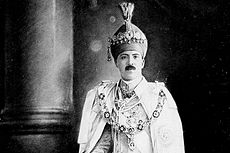
But obviously his dream didn't pan out & Machilipatnam just continued being a sleepy town with all its histories forgotten.
An era was over.
Today, Mumbai Chennai Vizag etc are the big ports that India has where all trade happens
An era was over.
Today, Mumbai Chennai Vizag etc are the big ports that India has where all trade happens

If you do visit Andhra Pradesh, plan a visit to Masulipatnam & sit on the shores & imagine the sounds & colours of 2000 years of merchants and cherish this great heritage that once was
RT if you liked this history tour & share with your friends
Follow @myhistorytales for more!
RT if you liked this history tour & share with your friends
Follow @myhistorytales for more!

• • •
Missing some Tweet in this thread? You can try to
force a refresh


